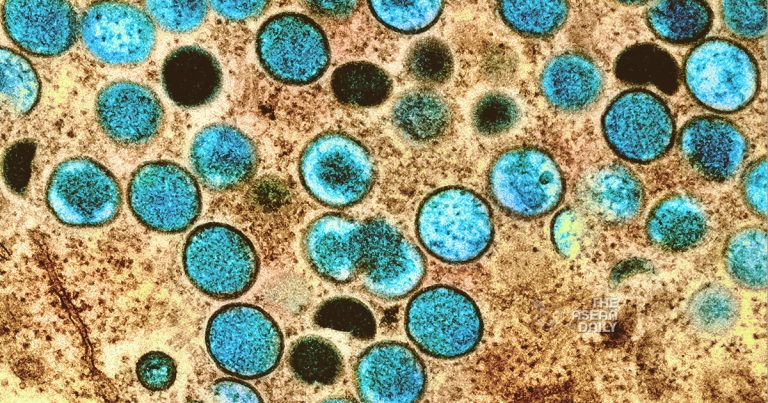30-11-2023 (KUALA LUMPUR) Malaysia has recorded an additional five cases of monkeypox (mpox) from October 31 to November 29, escalating the total number of cases to nine, according to Health director-general Datuk Dr Muhammad Radzi Abu Hassan.
Dr Radzi clarified that the newly identified cases are not linked to previously reported instances of the virus, underlining the potential for multiple sources of infection within the community.
The fifth case, confirmed on November 10, involves a 40-year-old man engaged in high-risk activities, displaying symptoms of fever and blistering on October 29.
The sixth case, a 32-year-old man, exhibited symptoms of fever and blisters on November 7, with confirmation coming five days later on November 12.
The seventh case, a 35-year-old man and a close contact of the sixth case, demonstrated similar symptoms on November 11, officially confirmed the following day.
The eighth case involves a 26-year-old man engaged in risky activities in the past. He displayed symptoms such as fever, headache, muscle pain (myalgia), swollen glands (lymphadenopathy), and maculopapular rash since November 6, with confirmation on November 12.
The ninth case, a 47-year-old man, exhibited fever and rash on November 8. All cases are currently isolated in hospitals and reported to be in stable condition. Notably, none of them reported a history of recent international travel within 21 days before the onset of symptoms.
Dr Muhammad Radzi emphasised that monkeypox is caused by the mpox virus and primarily spreads through close contact with infected individuals displaying symptoms. Common symptoms include fever and a distinct maculopapular rash affecting various body parts, such as the face, palms, soles, genitalia, conjunctiva, and cornea.
The incubation period, he noted, ranges from five to 21 days from the date of exposure. Additionally, individuals testing positive for mpox infection can transmit the virus to others one day before symptoms manifest until all blisters have dried and fallen off.
In the event of suspected or confirmed cases, Dr Radzi urged strict isolation measures until it is confirmed that there is no risk of further infection. Importantly, he highlighted that monkeypox cases typically resolve without the need for specialized treatment.




